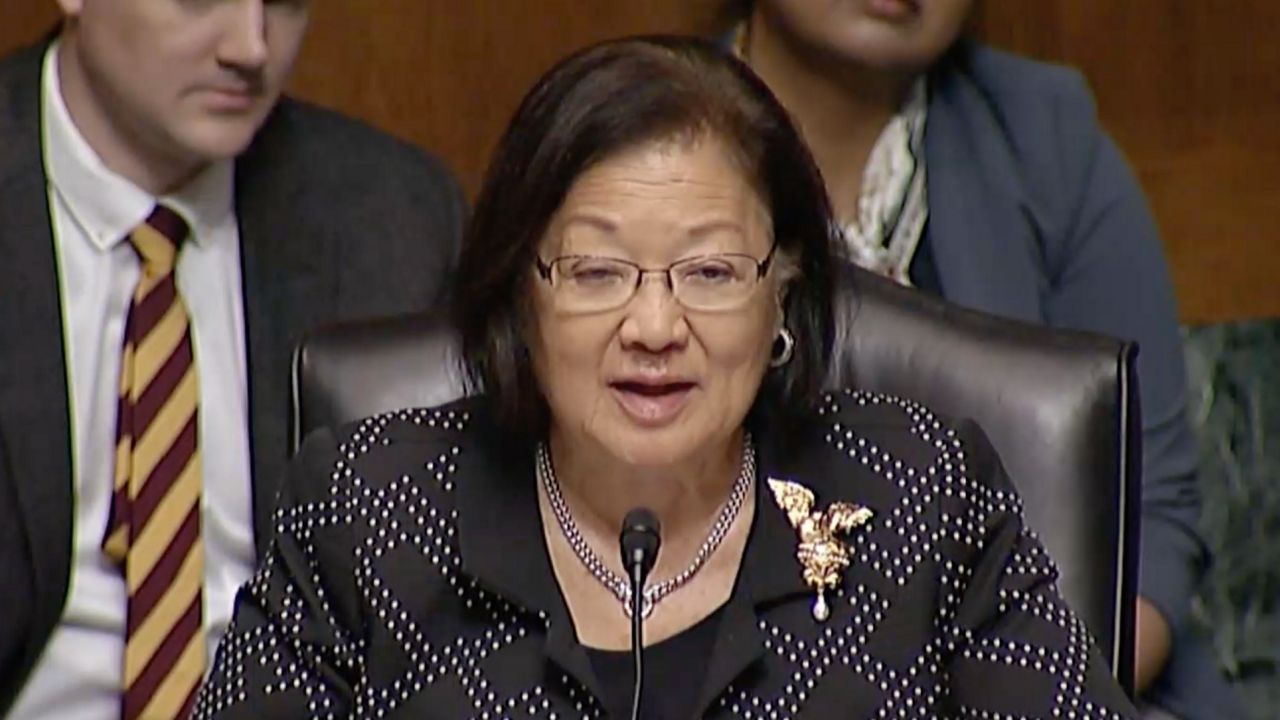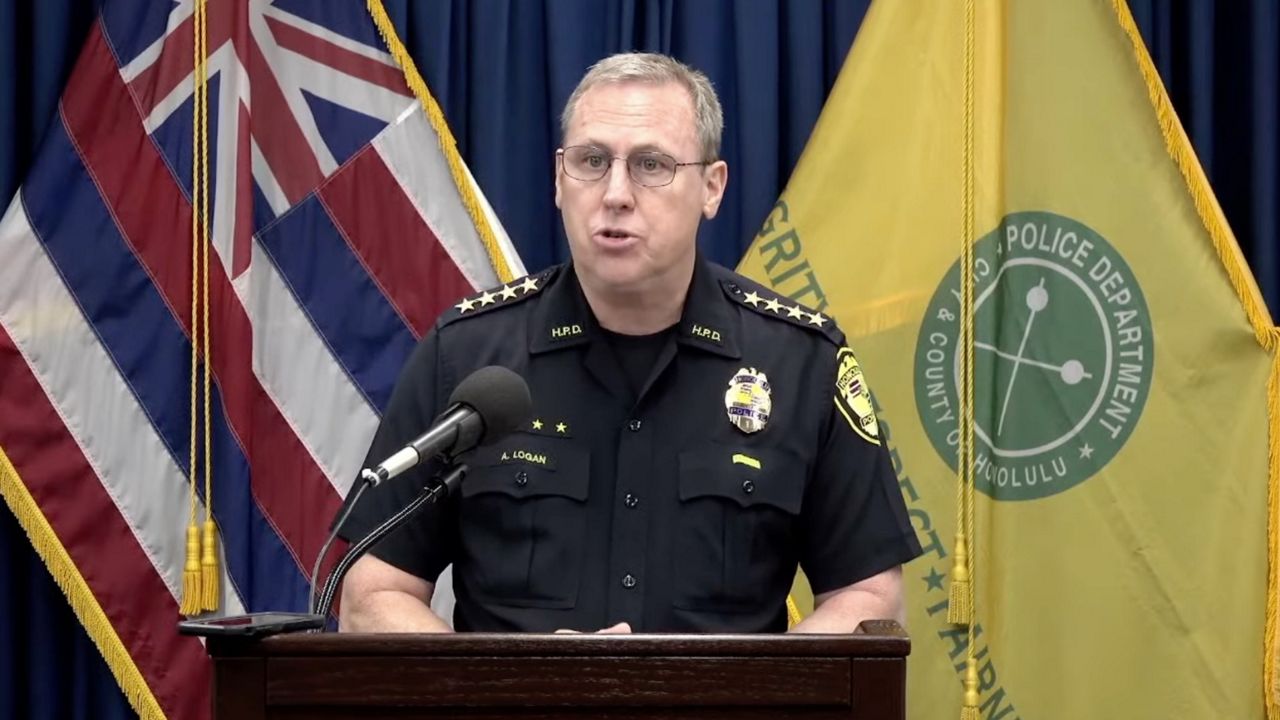WASHINGTON — As federal aid continues to flow into Maui and emergency response officials on the groundwork to connect survivors of the Maui wildfires with sources of funding and other support, hostile governments and other bad actors are spreading disinformation in an attempt to sow confusion and discord, according to U.S. Sen. Mazie Hirono, D-Hawaii.
During a meeting of the Senate Judiciary Committee on Tuesday, Hirono questioned a panel of experts about how artificial intelligence has been used to spread disinformation and undermine trust in the government during disasters like the Maui wildfire.
“It is a powerful tool that can be used for good, but it can also be used to spread a lot of disinformation and misinformation, and that happened during the disaster on Maui,” Hirono said. “Maui residents were subject to disinformation — some of it coming from foreign governments, i.e., Russia — looking to sow confusion and distrust, including, ‘Don’t sign up for FEMA because they cannot be trusted.’ And I worry that with AI, such information will only become more rampant with future disasters.”
Brad Smith, vice chair and president of the Microsoft Corporation, echoed Senator Hirono’s concerns.
In testimony before the committee, Smith decried the spread of Russian and Chinese disinformation, which aimed to discourage people impacted by the Maui fires from accessing federal disaster relief and promote conspiracies that the fire was caused by the U.S. government using a meteorological weapon, respectively.
In one instance, video purporting to show a laser striking an area of Lahaina and causing an explosion was broadly shared in the days and weeks after the fire. Accompanying text claimed the video proved that the fires were intentionally ignited by the U.S. government as part of a land-grab conspiracy. The Associated Press later reported that the video actually showed a transformer explosion in Chile earlier this year.
Smith said one tactic would be to fight AI with AI.
“Let’s use the power of AI as we are to detect these kinds of activities when they’re taking place, because they can enable us to go faster as they did in that instance, where Microsoft among others used AI and other data technologies to identify,” he said.
Smith said the United States and other governments need to establish “clear red lines” with regard to using AI for hostile purposes.
“We had some people not necessarily directed by the Kremlin, but people who regularly spread Russian propaganda, trying to discourage the people of Lahaina from going to the agencies that could help them,” Smith said. “That’s inexcusable. And we saw what we believe is Chinese-directed activity trying to persuade the world in multiple languages that the fire was caused by the United States government itself using a meteorological weapon. Those are the things that we should all try to bring the international community together and agree are off limits.”
Smith said companies like Microsoft that have expert capability need to “lean in” to spot threats as they emerge.
Beyond the exploitation of disaster situations, Smith said attention also needs to be paid to the upcoming presidential election and the possibility of foreign interference.
“What do we do if we find that a foreign government is deliberately trying to spread false information next year in a Senate or presidential campaign about a candidate?” he asked. “How do we create the room so that information can be shared and people will consider it?
“How do we create the bipartisan framework so that when we find this, we create a climate where people can listen?” Smith asked. “I think we have to look at both of those parts of the problem together.”









